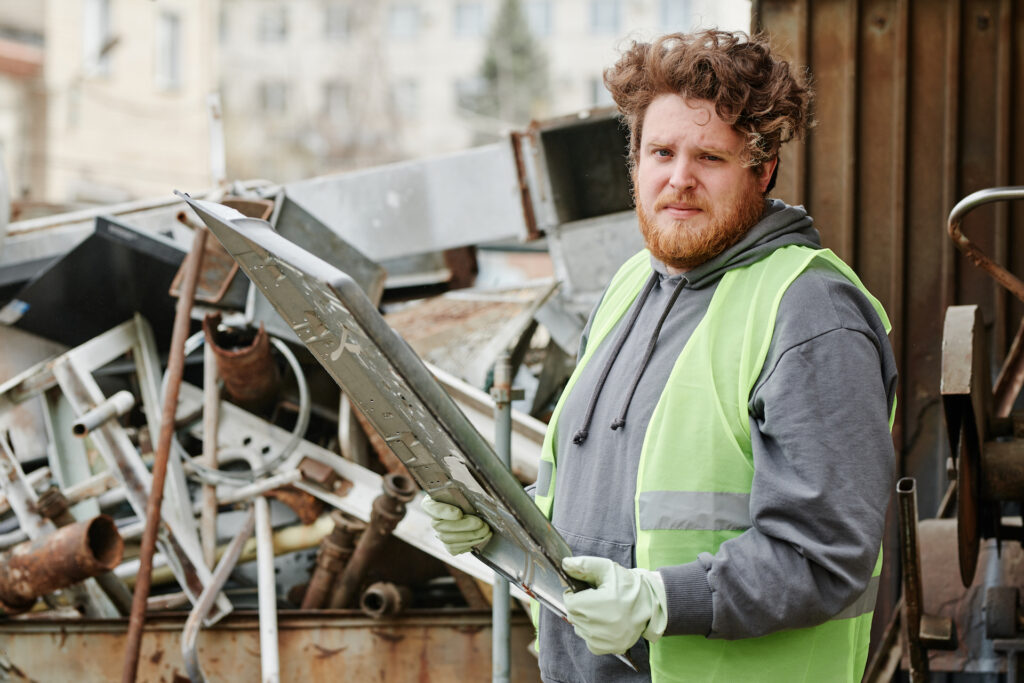0147 392 2767
Phone number
[email protected]
Email address
50 Princes Street, Ipswich, IP1 1RJ
Address location
Phone number
Email address
Address location

Metal waste management is a critical aspect of maintaining a sustainable and environmentally responsible approach to metal consumption and disposal. It involves the effective management of metal waste from various sources, including industries, construction sites, households, and businesses, to minimize its environmental impact and promote recycling and reuse. Proper metal waste management practices encompass waste reduction, collection, sorting, processing, and disposal in a manner that prioritizes resource conservation and pollution prevention.
One of the primary goals of metal waste management is waste reduction. This can be achieved through strategies such as implementing efficient production processes that minimize metal waste generation, promoting reuse and repair of metal products, and educating individuals and businesses about the importance of responsible consumption and disposal of metals. By reducing the amount of metal waste generated, we can conserve resources and minimize the need for extraction of new raw materials.
Effective collection systems are essential for proper metal waste management. This involves establishing infrastructure and mechanisms for the collection of metal waste from various sources. Collection methods may include curbside recycling programs, designated drop-off centers, and collaboration with industries to ensure proper disposal of their metal waste. Well-designed collection systems make it convenient for individuals and businesses to participate in metal recycling, ensuring that metal waste is diverted from landfills and directed towards recycling facilities.
Sorting is a crucial step in metal waste management. Different types of metals need to be separated to ensure efficient recycling and maintain the quality of recycled materials. Metal recycling facilities employ manual sorting techniques, magnetic separation, and advanced technologies such as optical scanners to separate metals based on their properties and characteristics. Sorting allows for the proper processing of each type of metal, ensuring that it can be recycled into high-quality raw materials.
Once sorted, metal waste undergoes processing to prepare it for recycling. Processing methods may include shredding, compacting, melting, or refining, depending on the type of metal being recycled. Shredding and compacting reduce the size and volume of metal waste, making it easier to handle, transport, and store. Melting and refining processes transform the metal waste into a usable form for manufacturing new products or further processing.
Proper disposal of metal waste that cannot be recycled is also an important aspect of metal waste management. Some metal waste may contain hazardous components or be unsuitable for recycling due to contamination. In such cases, it is crucial to follow appropriate disposal methods that comply with environmental regulations and prevent the release of harmful substances into the environment.
Metal waste management is a comprehensive approach that involves waste reduction, efficient collection, proper sorting, processing, and responsible disposal. By implementing effective metal waste management practices, we can conserve resources, reduce pollution, minimize the burden on landfills, and promote the circular economy by ensuring that metals are recycled and reused efficiently. It is a collective responsibility to adopt sustainable metal waste management practices and contribute to a greener and more sustainable future.